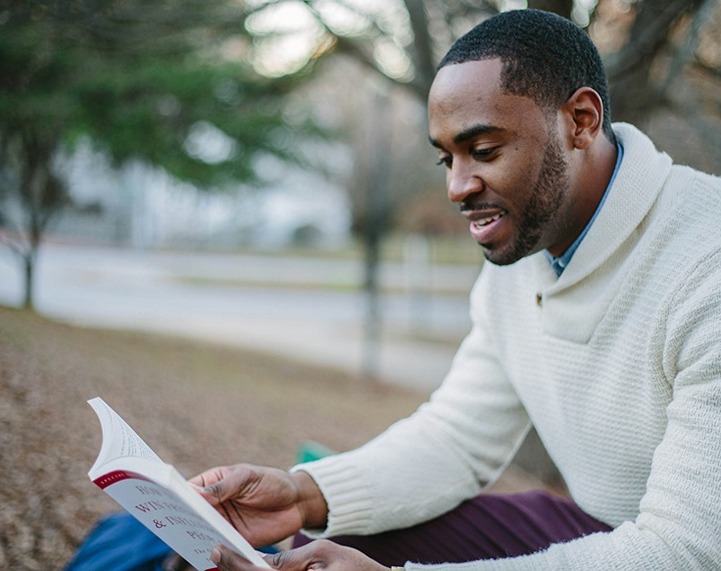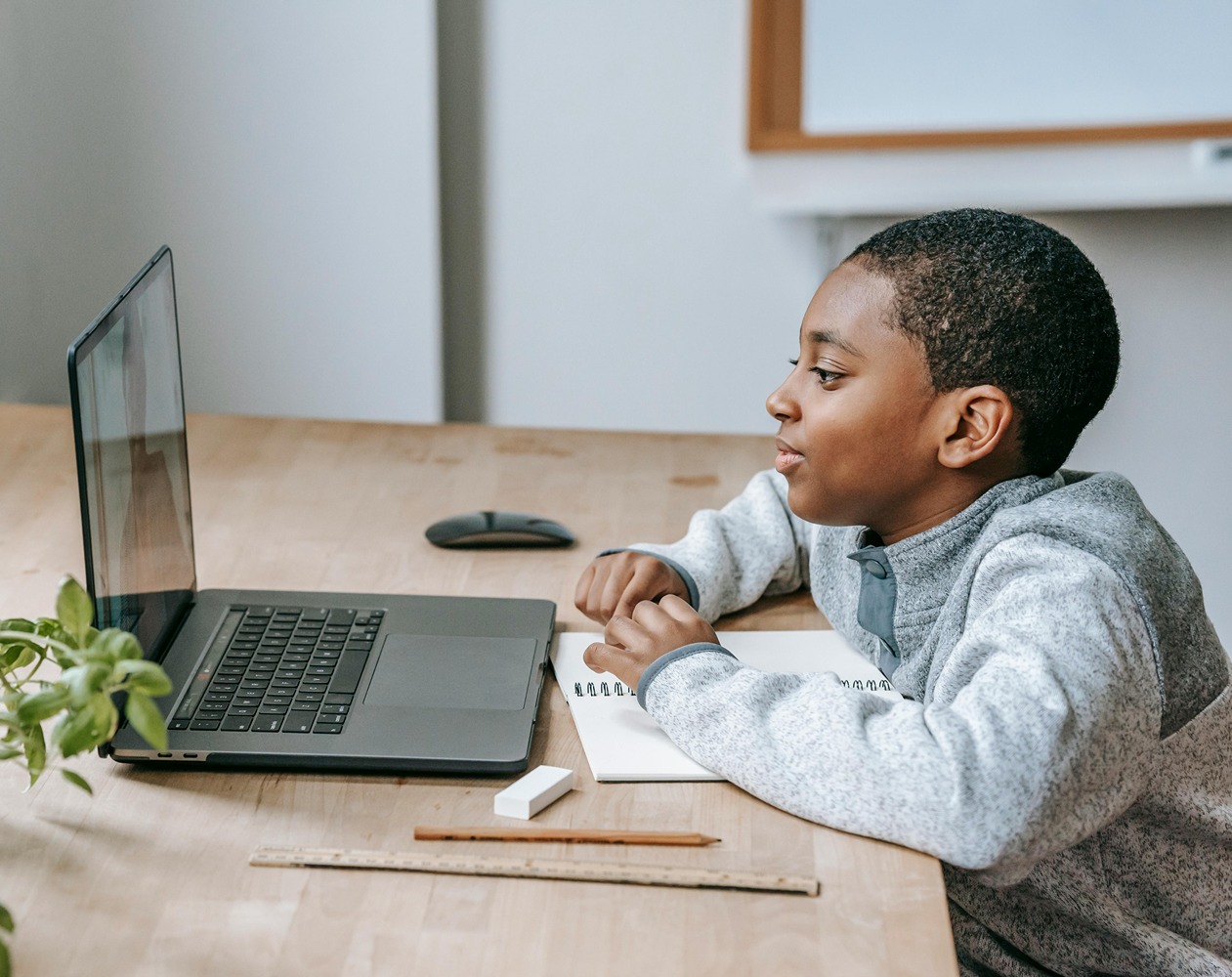Is it Okay to Talk to My Child About Their Therapy Session?
If you feel like you should be more involved in your child’s therapy sessions, speak with the therapist directly. Be prepared, however, to learn that your wishes aren’t always what’s most important when it comes to effective therapy.

A young adult participating in therapy has a lot on their plate. Not only are they dealing with the issues that landed them there, but they are allowing themselves to be completely vulnerable to a stranger.
That’s a lot of pressure for a kid! It’s tempting to ask all about their session, but it’s best not to.
Trust is key
For therapy to be effective, there must be a high level of trust between the counselor and your child. The counselor needs to understand all aspects of your child to help them truly heal, recover, or overcome the issues they are facing.
The most effective path to healing comes from a combination of therapeutic techniques and conversation. As a child feels comfortable and safe, they will open up.
The same is true with you as their parent.
When they feel they are being drilled with questions, they might shy away from discussing anything at all. There may be things they shared with their therapist that they don’t feel comfortable sharing with you for whatever reason.
Maybe they’re afraid it will hurt your feelings or upset you. Maybe they just aren’t ready. The important thing is that they are getting help and on their way to a happier life.
Give them space. Let them come to you and share what they want to when they are ready. And if they don’t, accept that and embrace their wellness over the details.
If you feel like you should be more involved in your child’s therapy sessions, speak with the therapist directly. Be prepared, however, to learn that your wishes aren’t always what’s most important when it comes to effective therapy.
Feel free to contact us today.
We are happy to answer any questions you have regarding therapy for adolescents and will guide you in the way that’s best for you and your family.





